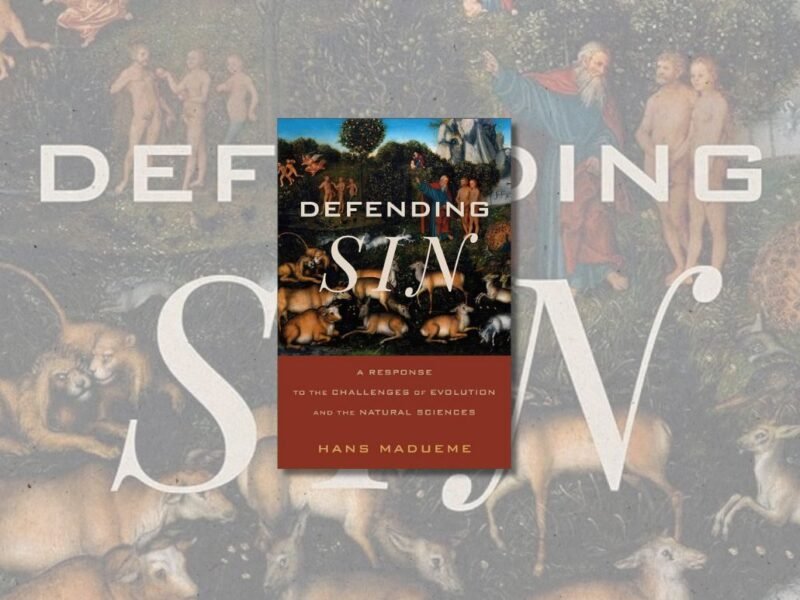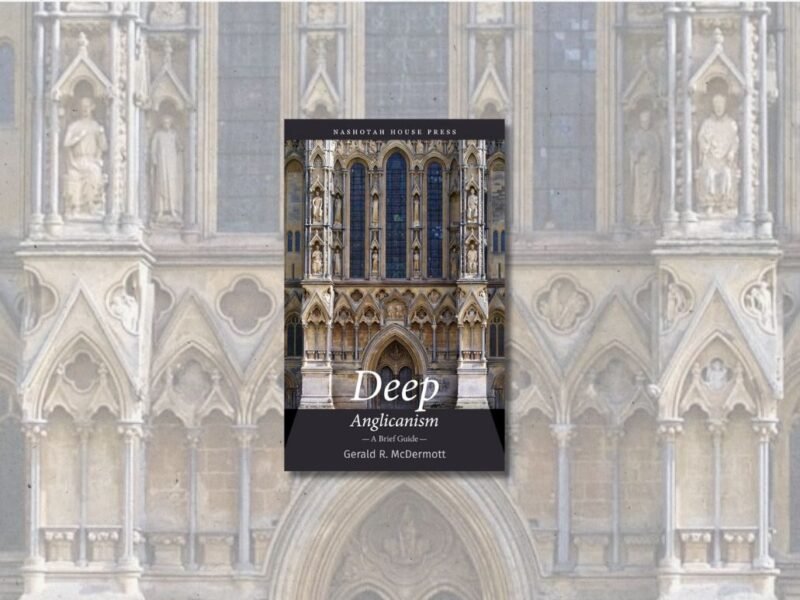Eternal Life and Human Happiness in Heaven: Philosophical Problems, Thomistic Solutions. By Christopher M. Brown. Washington, D.C.: The Catholic University of America Press, 2021. 464 pp. $75 (cloth).
A favored strategy among skeptics and atheists to undermine Christianity—albeit less common than the problem of evil—is attempting to poke holes in the Christian understanding of heaven. For example, it is often suggested that eternal life would actually not be a good thing because it would become boring. Alternatively, it can be argued that the Christian conception of heaven is self-contradictory, in that heaven is traditionally thought to consist of both the beatific vision, in which we will see God “as he is” (1 John 3:2), and the communion of saints. But if we assume that seeing God as he is should be sufficient for perfect happiness in heaven, it might appear that also enjoying communion with fellow Christians in heaven detracts from this sufficiency, raising the specter that maybe God alone cannot make us perfectly happy.
In response to such challenges, I can say that if I have learned anything from reading about various intellectual difficulties or problems with the Christian faith, it is that there is always a good answer to be found if one is willing. On this subject, Christopher M. Brown’s Eternal Life and Human Happiness in Heaven is a fantastic resource in the Thomistic tradition.
Part 1 “lays out…four apparent problems concerning eternal life” (2), two of which are the problems described above. The other two are concerned with 1) the tension between the “transcendent or otherworldly” nature of heaven and the fact that we will still have “human, that is, resurrected, bodies in heaven (25, italics original), and 2) the tension between the fact that “heaven must, it seems, be a constantly changing, dynamic reality” because “perfect happiness for human persons requires that they are doing something interesting,” even as “some Christian theologians have offered reasons for thinking that heaven is an immutable reality, at least in some sense” (30, italics original). Parts 2 and 3 detail Aquinas’s account of heaven, wherein a distinction is drawn between “the essential reward of the saints in heaven and the accidental reward.” Part 4 argues that this account of heaven offers “powerful solutions” to the apparent problems discussed in Part 1 (2).
I lack the space to fully survey Brown’s exposition of the apparent problems with heaven and how Aquinas’s account answers them. Even so, a few summary tidbits should give potential readers an idea of what to expect from Brown’s argumentation. To begin with the problem of boredom, it is assumed by those who make this objection—and perhaps most people in general—that heaven differs from earthly life only in degree rather than in kind. In other words, whatever “finite, temporal goods” (421) make us happy in this life are the same things that will make us happy in heaven, only there will be far more than we could ever want or need. Excess breeds tedium, hence the problem.
In reality, heaven is qualitatively different from earthly life—its goodness is not simply the same as what we know now, only more of it. Rather, the beatific vision is “a timelessly eternal participation in God’s own eternal life and happiness.” Therefore, “It is conceptually impossible for the saints in heaven to experience boredom, let alone have a life that is characterized by boredom as a whole” (421).
Moving on to the argument that the Christian conception of heaven is incoherent—upholding the reality of both the beatific vision (which alone should suffice for perfect human happiness) and the communion of the saints (which, in light of the beatific vision, seems superfluous)—this can be addressed using Aquinas’s distinction between what he calls “the essential reward and the accidental reward of the saints” (394, italics original). The essential reward “consists in the beatific vision and the acts of will that flow from it” (394), while the accidental reward “consists of any good in heaven added to the essential reward as a nonproper accident” (106, italics original). This includes “glorified human embodiment, participation in the communion of the saints, and the joy experienced by the saints in sensing God’s ‘new heavens and new earth’” (2).
The reason the accidental reward does not detract from the essential reward is that the goods included in the former are what we might call gratuitous goods: “A gratuitous good G is a good that a person S would not miss if S did not possess G, but S is nonetheless thankful for G if or when S does possess G” (397, italics original). Alternatively, such goods can be called fitting or appropriate goods: “A good G is fitting or appropriate for a creature C if and only if the perfection of C does not require G, but, given C’s nature, the possession of G would be a real good for C” (397, italics original). Thus, glorified human embodiment, the communion of the saints, and so on are genuine goods, but not in a way that undermines the sufficiency of the beatific vision for perfect human happiness. Brown relates these categories to Aquinas’s account of heaven as follows: “Whereas creaturely goods are not necessary for perfect human happiness…certain creaturely goods are necessary for the well-being (bene esse) of perfect human happiness in heaven” (396).
Similarly, it is possible to unravel the purported incoherency of maintaining that humans will inhabit an “immaterial or incorruptible or impassible” (25) heaven with the same human bodies they had in this life—bodies that are “constantly changing, are corruptible, take up space, etc.” (400, italics original). According to Brown, while Aquinas holds that “time will cease” in heaven, by this Aquinas means that “time will cease as we now experience it as the measure of change with respect to before and after, where the standard of measure is the motion of the heavens” (404, italics original). Moreover, as Brown tells it, it is imprecise to say that “human persons are essentially temporal beings” (400, italics original). To be sure, a human person’s “bodily acts” are temporal, but humans also have souls that, while being created in time, are “capable of actions that are measured not by time but aeveternity” (402‒403). It is therefore conceivable for human persons to “engage in temporal acts, such as moving one’s body from the new heavens to the new earth, and back again, even while engaging in the nontemporal acts that constitute the essential reward, that is, the beatific vision” (403).
Finally, the apparent incompatibility of human persons’ need for dynamic activity and the immutable nature of heaven can be resolved as well. The crux of the resolution lies in the fact that “immutable” is not, as so many seem to think, synonymous with “static.” Hence, to say that the beatific vision is an immutable experience is not at all to derogate it. Indeed, “The beatific vision [is] the most perfect sort dynamism possible for a creature” (417). (I beg the reader to remember that here, as with the other problems, I am offering a representative sketch of Brown’s discussion of these issues rather than a comprehensive summary.)
Those who are considering picking this up should know that Brown’s book is very much a Roman Catholic discussion of eternal life and human happiness in heaven. This is evidenced, for example, by Brown’s repeated parentheticals that the Virgin Mary is already in heaven, both in body and soul. More importantly, one of his arguments for the continuity between human persons in this life and in heaven trades on the reality of purgatory, which he says God uses to “preserve psychological continuity between a human person with typical sorts of earthly desires in this life and a person in heaven who is focused on contemplating the divine essence” (442).
This minor caveat aside, Brown’s Eternal Life and Human Happiness in Heaven is impressively rigorous and thought-provoking. Even those who ultimately do not agree with all of Brown’s conclusions will learn a great deal from his erudite treatment of the subject, showing that on this topic, as with so many others, the thought of Thomas Aquinas can go a long way in helping us think more clearly and carefully about what we believe, revealing apparent difficulties to be not so intractable after all.






'Book Review: “Eternal Life and Human Happiness in Heaven”' has no comments
Be the first to comment this post!